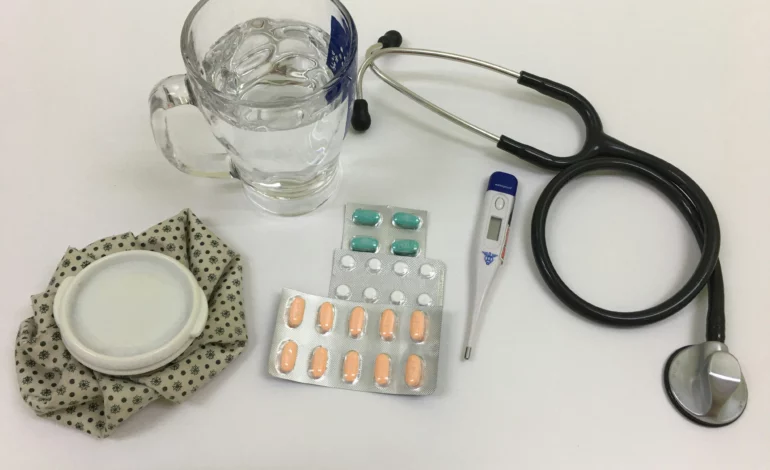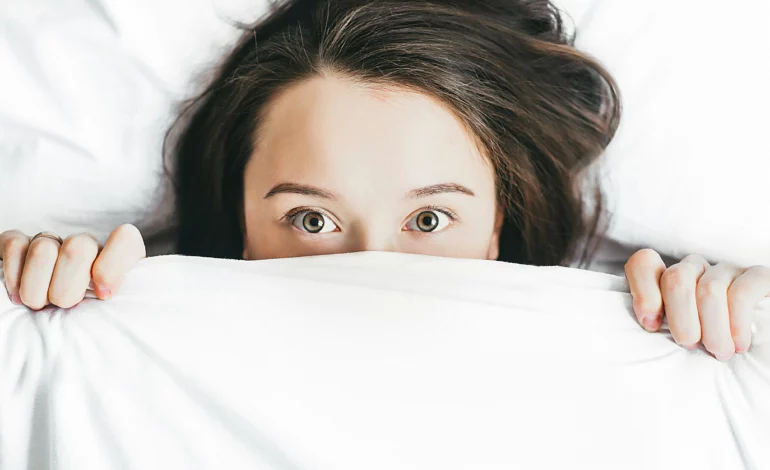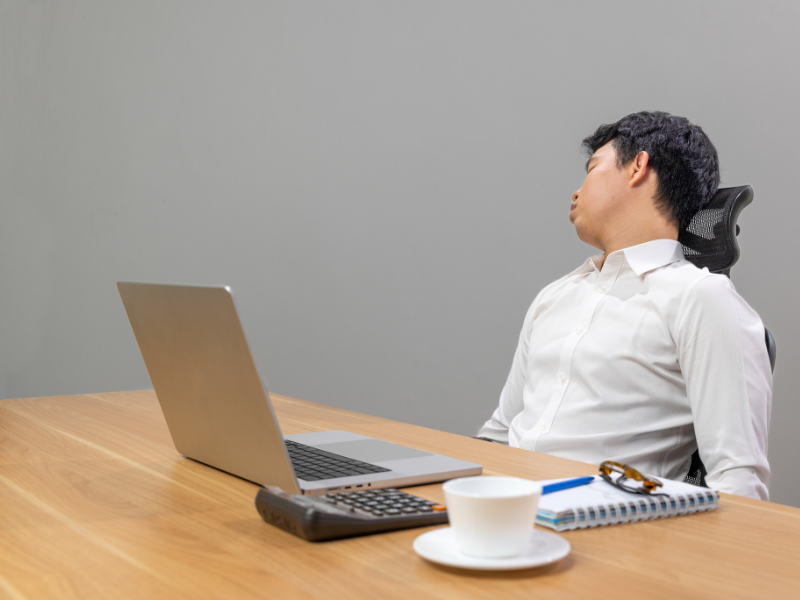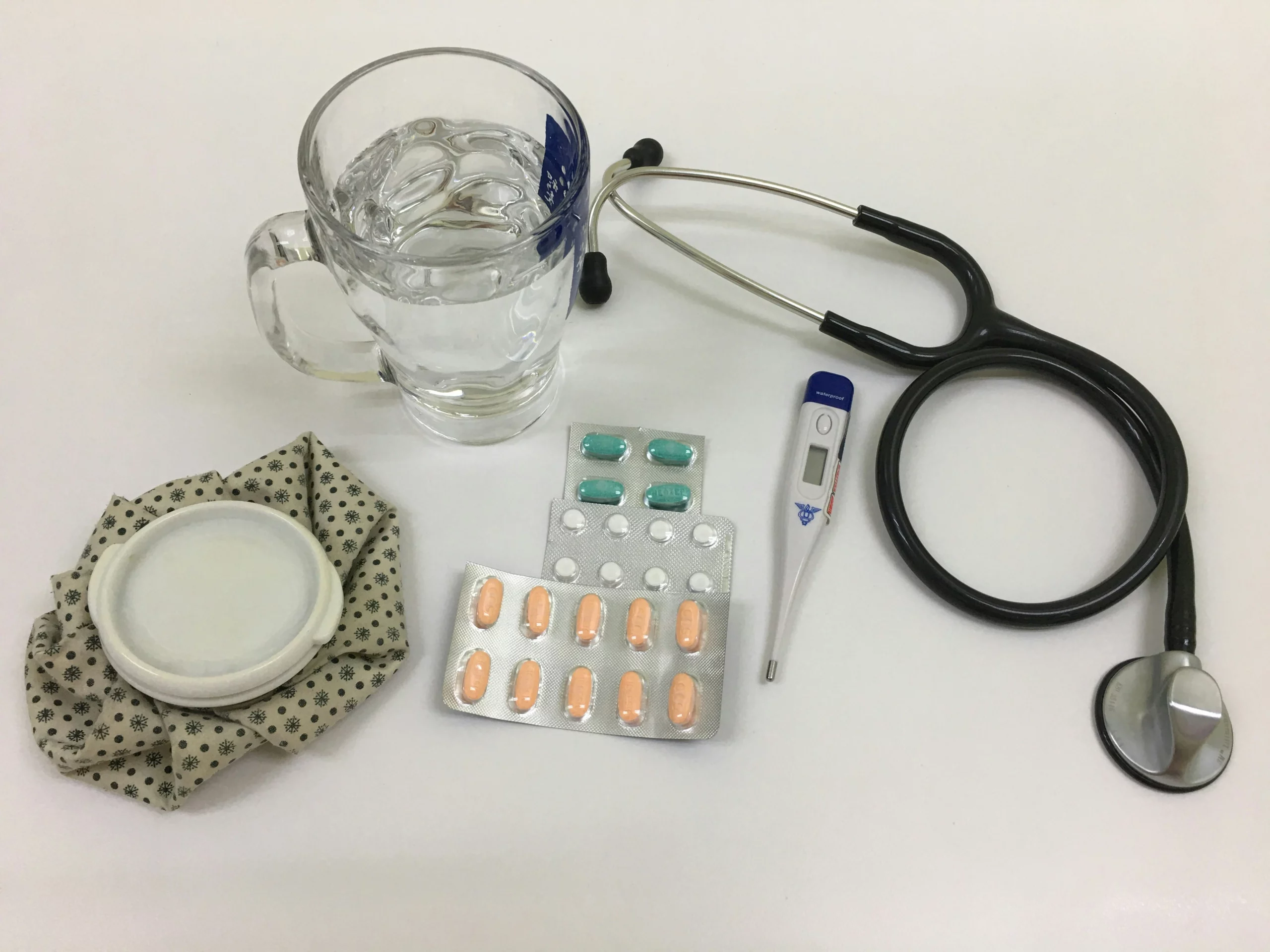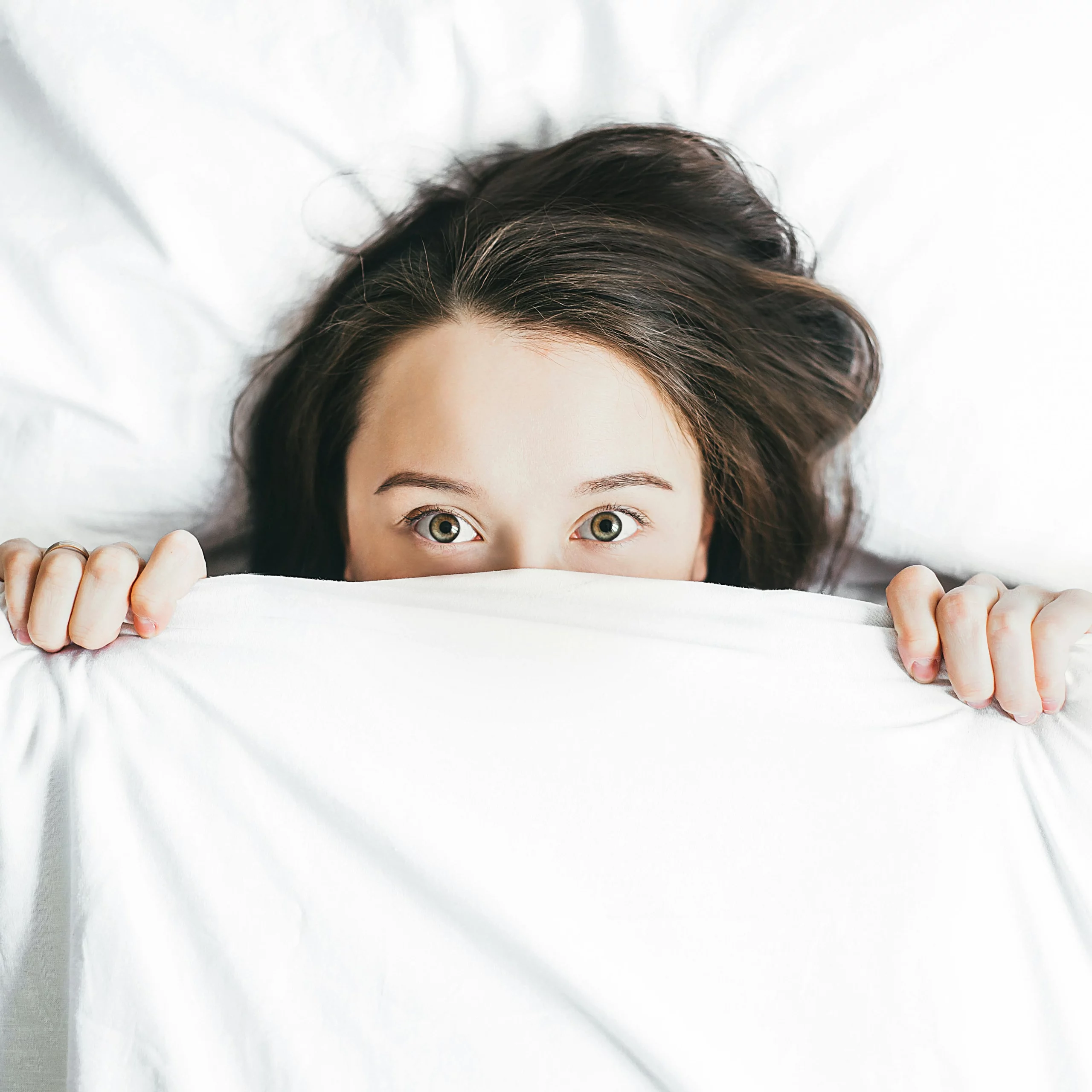The Top 10 Tips for Sleeping Well in a Hotel
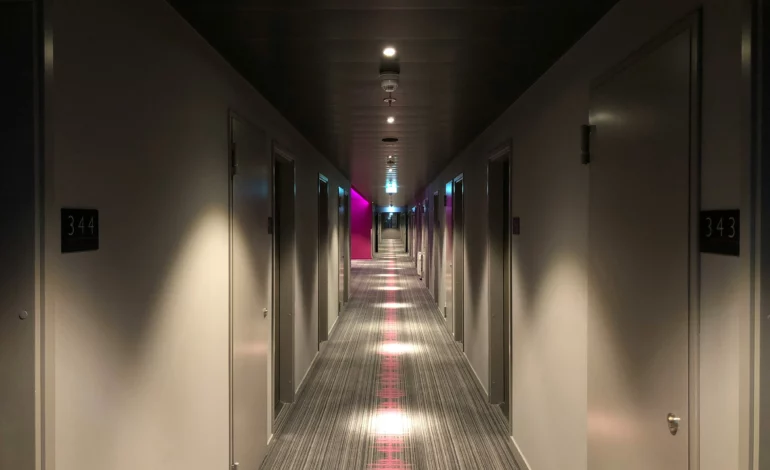
Imagine checking into a luxurious hotel, ready to unwind and relax after a long day of travel or work. But as you settle into bed, you realize that getting a good night’s sleep in a new environment isn’t as easy as it seems. Don’t worry; we’ve got you covered! In this blog post, we will share the top 10 tips for sleeping well in a hotel so that you can wake up feeling refreshed and rejuvenated, ready to take on whatever the day may bring. Let’s dive in and discover how to make your hotel stay truly restful and peaceful!
Choose a Quiet Room Location
When booking your hotel room, opt for a quiet location away from elevators, ice machines, or street noise. Choosing a room on higher floors can also help minimize outside disturbances.
Upon check-in, politely request a room situated in a peaceful area of the hotel. Front desk staff are usually accommodating and will do their best to meet your needs for a restful night’s sleep.
If possible, avoid rooms near conference centers or other communal areas that may experience more foot traffic and noise throughout the day and night.
Remember that a tranquil environment plays a significant role in ensuring you get quality rest during your stay. So, take the time to select a serene room location that promotes relaxation and rejuvenation.
Bring Your Own Pillow
There’s something comforting about resting your head on a familiar pillow, especially when you’re away from home. Bringing your own pillow to a hotel can make a significant difference in the quality of your sleep. The scent and feel of your trusted pillow can help create a sense of familiarity in an unfamiliar environment.
Hotels pillows vary in firmness and thickness, which might not be suitable for everyone. By bringing your own pillow, you ensure that you have the right support for your neck and head. It eliminates any chances of waking up with neck pain or stiffness due to using an unsupportive hotel pillow.
Additionally, using your own pillow can provide a sense of hygiene assurance. You know exactly where it has been and who has used it before – giving you peace of mind during your stay. So next time you travel, consider packing along this small but essential item for a better night’s rest!
Adjust the Room Temperature
There’s nothing worse than trying to fall asleep in a hotel room that feels like a sauna or an icebox. The room temperature plays a significant role in your sleep quality, so it’s crucial to adjust it to your preference.
Before settling in for the night, take a moment to check the thermostat and make any necessary adjustments. Some hotels may have central air systems, while others offer individual climate control in each room.
If you tend to sleep better in cooler temperatures, lower the thermostat slightly before bedtime. On the other hand, if you prefer warmth when sleeping, consider increasing the room temperature for added comfort.
Finding that perfect balance can help signal to your body that it’s time for rest and relaxation. So whether you like it cool or cozy, adjusting the room temperature can make all the difference in ensuring a restful night’s sleep during your hotel stay.
Use Earplugs or a White Noise Machine
When you’re staying in a hotel, unexpected noises can disrupt your sleep and leave you feeling groggy the next day. That’s where earplugs or a white noise machine can come to the rescue!
Earplugs are a simple yet effective way to block out unwanted sounds like noisy neighbors or traffic outside. They’re small, portable, and can make a big difference in helping you drift off into dreamland peacefully.
On the other hand, white noise machines produce consistent sounds that can mask disruptive noises around you. Whether it’s the hum of the air conditioner or distant chatter in the hallway, white noise creates a soothing background sound that can help lull you to sleep.
So, whether you prefer earplugs or a white noise machine, these tools can be your secret weapons for achieving a restful night’s sleep during your hotel stay.
Block Out Light with Blackout Curtains
When it comes to getting a good night’s sleep in a hotel, blocking out light can make a world of difference. Those pesky streetlights or early morning sunbeams can disrupt your rest and leave you feeling groggy the next day. That’s where blackout curtains come to the rescue!
Blackout curtains are specially designed to keep light from seeping into your room, creating a dark and cozy environment that promotes better sleep. By eliminating outside light sources, these curtains help signal to your body that it’s time to wind down and relax.
Whether you’re dealing with bright city lights or unpredictable daylight hours, blackout curtains offer a simple yet effective solution for enhancing your hotel sleep experience. So next time you check into a new place, be sure to draw those curtains closed tight for optimal rest and rejuvenation!
Stick to Your Regular Sleep Schedule
When you’re traveling and staying in a hotel, it can be tempting to stay up late exploring the new surroundings or indulging in some late-night room service. However, sticking to your regular sleep schedule is crucial for a restful night’s sleep.
By going to bed and waking up at the same time as you do at home, you help regulate your body’s internal clock, making it easier to fall asleep and wake up feeling refreshed.
Even if you’re on vacation or a business trip, try to maintain consistency with your bedtime routine. Whether that means reading a book before bed or listening to calming music, keeping familiar habits can signal to your brain that it’s time to wind down for the night.
If possible, avoid napping during the day so that you’re more likely to feel tired when bedtime rolls around. Your body will thank you for maintaining your usual sleep patterns even while away from home.
Create a Relaxing Bedtime Routine
To ensure a restful night’s sleep in a hotel, creating a relaxing bedtime routine is key. Start by unwinding with some light stretching or deep breathing exercises to calm both your body and mind. Consider packing your favorite book or soothing music to help you relax before bed.
Avoid screen time at least an hour before hitting the hay – the bright lights from devices can disrupt your circadian rhythm and make it harder to fall asleep. Instead, opt for activities that promote relaxation like taking a warm bath or sipping on herbal tea.
Dim the lights in your room to signal to your body that it’s time to wind down. Make use of essential oils like lavender or chamomile for their calming properties by either diffusing them in the room or applying them topically. And don’t forget to disconnect from any work-related stressors – this is your time to unwind and prepare for a peaceful night’s rest.
Avoid Heavy Meals and Alcohol Before Bed
Indulging in heavy meals or alcohol before bed can disrupt your sleep quality while staying at a hotel. Large, rich meals close to bedtime can lead to discomfort and indigestion, making it harder for you to fall asleep peacefully.
Alcohol may initially make you feel drowsy, but it can actually interfere with your sleep cycles, causing fragmented rest throughout the night. Opting for lighter snacks or herbal tea instead of heavy foods and alcohol can help promote better sleep during your stay.
By avoiding heavy meals and alcohol close to bedtime, you give your body a chance to properly digest food and regulate its systems before settling down for the night. This simple adjustment could make a significant difference in how well-rested you feel when waking up in your hotel room.
Limit Caffeine Intake
Are you a caffeine lover who enjoys a nice cup of coffee or tea to kickstart your day? While it can be tempting to indulge in these beverages, especially during early mornings or late afternoons, excessive caffeine consumption can disrupt your sleep patterns. When staying in a hotel and aiming for a restful night’s sleep, it’s essential to be mindful of your caffeine intake.
Caffeine is known for its stimulating effects on the nervous system, which can make it challenging to wind down and relax before bedtime. To ensure you get quality rest while away from home, consider limiting your caffeine intake during the latter part of the day. Opt for decaffeinated options if you’re craving a warm beverage in the evening.
By being conscious of how much caffeine you consume throughout the day, you can better prepare your body for a peaceful night’s sleep in a hotel room. Remember that moderation is key when it comes to enjoying caffeinated drinks while prioritizing your rest and relaxation during travel.
Practice Relaxation Techniques
Relaxation techniques can be highly effective in helping you fall asleep, especially when staying in an unfamiliar environment like a hotel.
One popular method is deep breathing exercises, which involve taking slow, deep breaths to calm the nervous system and reduce stress.
Progressive muscle relaxation is another technique, where you systematically tense and then relax different muscle groups in your body, starting from your toes and working your way up to your head.
Visualization or guided imagery, where you imagine a peaceful and restful place, can also help distract your mind from worries and promote a sense of tranquility.
Additionally, practicing mindfulness meditation before bed can quiet a racing mind by focusing on the present moment and observing thoughts without judgment.
Incorporating these relaxation techniques into your bedtime routine can create a soothing transition from wakefulness to sleep, ensuring a restful night even in a hotel setting.
Remember, a good night’s sleep is crucial for your overall well-being, especially when staying in a hotel. By following these top 10 tips for sleeping well in a hotel, you can ensure that you get the rest you need to fully enjoy your travels. From choosing a quiet room location to practicing relaxation techniques, incorporating these strategies into your routine can make all the difference in how refreshed and rejuvenated you feel during your stay. So next time you’re away from home, be proactive about setting yourself up for a peaceful and restful night’s sleep – your body will thank you!
Disclaimer: this article does not constitute either medical or any other type of advice. The article contains the author’s personal opinion and personal conclusions and observations. If you have sleep problems or interested in other issues related to it, it is better to consult medical expert e.g. your doctor etc.

